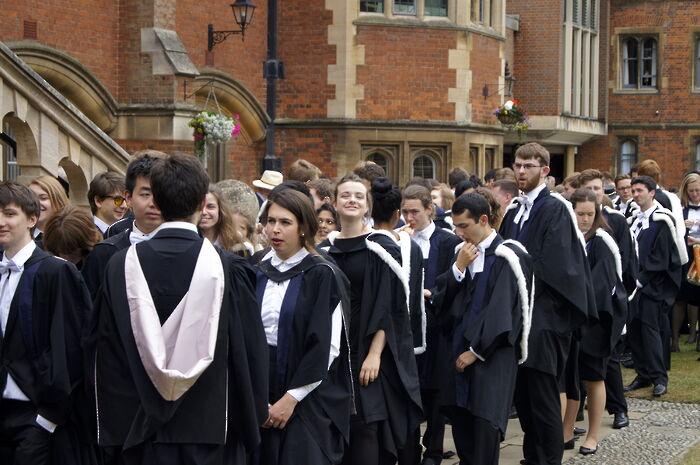Strike compensation is a vital exercise in our right to an education
CUSU Council ignored student rights when it rejected campaigning for strike action compensation

Perhaps best described as an act of contempt for the students that elected them, CUSU Council voted against a motion to campaign for strike compensation last week. This rejection of a popular motion is the latest in a trend of our student union’s behaviour indicating an inability to act in the interests of its students.
The topic of strike compensation is not apt ground for an ideological debate, but instead an essential exercise in fighting for our rights as students to an education. The sabbatical officers’ stance on the matter was particularly one-sided, as perhaps best demonstrated by Martha Krish, CUSU’s education officer, declaring that the campaign was “not a good use of CUSU time”. The motion, proposed by Christ’s JCR Vice-president Oliver Jones, argued for fair compensation in line with UCU guidelines and the recent actions of other British universities, notably King’s College London, in refunding tuition.
If I pay for a product, I expect to receive it; no other service provider would be able to cut a product without a cut in price
This was eminently reasonable. Supported by a recent student survey in which 90% of those surveyed approved of proportional refunds, the motion was undeniably a welcome one. Notwithstanding the fact that the survey, with a mere 259 responses, represented the views of around 1% of the student population, it seemed only natural that it should still receive some unbiased consideration from those who claim to represent the student body.
After all, a request for compensation is not only inoffensive but logical. In paying tuition fees we expect a product in return: education. Through no fault of our own, that product was not delivered, and as a result, we are entitled to due recompense. If I pay for a product, I expect to receive it; no other service provider would be able to cut a product without a cut in price. The question of compensation should go no further than this. Whether you like it or not, students are consumers of a product, and it is fully within our right to act when that product is not delivered.
It is in light of this that Krish’s words begin to look odd. What could possibly be a better use of a student union’s time than working towards the rights of students? Judging by the decision of CUSU Council, this is a ridiculous question to ask. The oft-repeated mantra of “opposition to marketisation” was proclaimed by the CUSU sabbatical officers as they prioritised their political ideology over the situation of current students sitting exams on un-lectured topics.
The answer does not lie in attempting to stem the long-passed tide of marketisation
Such an approach is disingenuous: whatever your view of higher education policy, it is counterproductive to deny that we live in a world of marketised education. This should be acknowledged and worked with, and the answer does not lie in attempting to stem the long-passed tide of marketisation, but instead in responding appropriately and tactfully to it. The idea that marketisation can be fought through a rejection of rightful compensation is naive. Strike action will have undoubtedly impacted the education of many students, and it is these students who have suffered, not CUSU sabbatical officers.
Instead of fighting such a misguided battle, CUSU should be listening to the students who elected its officers. As demonstrated by the survey, we cannot deny that there exists a percentage of students that want a refund for the education they have missed. The sabbatical officers are free to talk about fighting marketisation, but the reality is that a clear portion of the student body isn’t willing to sacrifice its right to an education for it. This must be recognised by CUSU, and as an organisation given authority by democratic mandate, they must act accordingly.
A campaign for compensation is of undeniable importance. For the sake of the product we are entitled to receive and our worth as a group represented by a union, the campaign for compensation is a vital one.
 News / CUP announces funding scheme for under-represented academics19 December 2025
News / CUP announces funding scheme for under-represented academics19 December 2025 News / Cambridge welcomes UK rejoining the Erasmus scheme20 December 2025
News / Cambridge welcomes UK rejoining the Erasmus scheme20 December 2025 Film & TV / Timothée Chalamet and the era-fication of film marketing21 December 2025
Film & TV / Timothée Chalamet and the era-fication of film marketing21 December 2025 News / SU reluctantly registers controversial women’s soc18 December 2025
News / SU reluctantly registers controversial women’s soc18 December 2025 News / News in Brief: humanoid chatbots, holiday specials, and harmonious scholarships21 December 2025
News / News in Brief: humanoid chatbots, holiday specials, and harmonious scholarships21 December 2025









